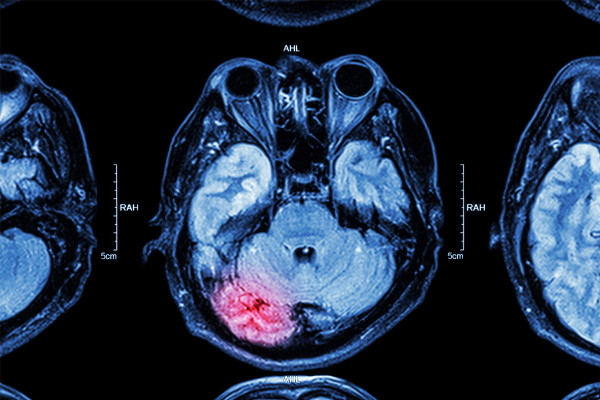I want to receive new articles by email
Can science reverse ageing?
By Jerry Brownstein
A new study has shown that it is possible to reverse ageing in animals with a technique that may be applicable to humans as well. Researchers at the Salk Institute in California were able to reverse ageing in mice so that they not only looked younger, but lived 30% longer. "Our study shows that ageing may not have to proceed in only one direction," said Dr Juan Carlos Belmonte, the head of the study. The technique that was used takes adult cells back to their embryonic form by stimulating four genes which are particularly active during development in the womb.
Scientists have known for some time that these four genes could turn adult cells back to their stem cell state. But it was always feared that allowing that to happen could damage organs made from the cells, and even trigger cancer. The key discovery in this study was that stimulating the genes intermittently reversed ageing without causing any damaging side effects. The technique was also successfully used to turn the clock back on human skin cells in the lab, making them look and behave younger.
Dr Belmonte cautioned that, “Obviously, mice are not humans and we know it will be much more complex to rejuvenate a person. But this study shows that ageing is a very dynamic and plastic process, and with careful modulation, aging might be reversed.” He says that it will take about ten more years of testing before they are ready for human trials. In addition to looking younger and living longer, this breakthrough could also help people stay healthier in their later years. As our populations continue to age, it greatly increases the risks of age-related diseases such as dementia, cancer and heart disease. But if the body could be kept younger for longer it would prevent these deadly diseases for decades.






